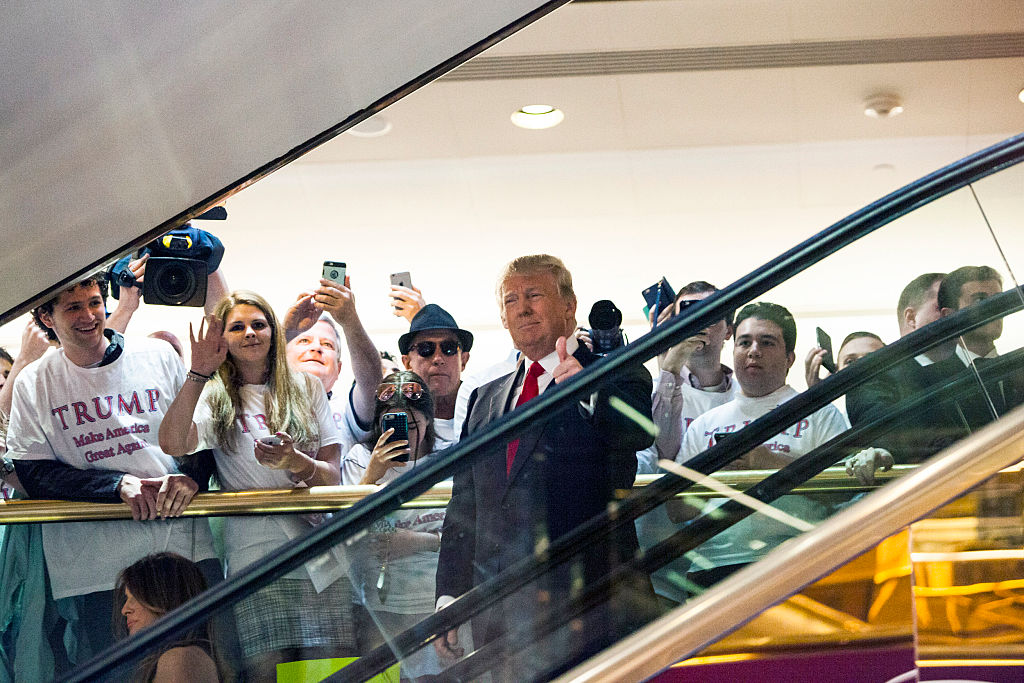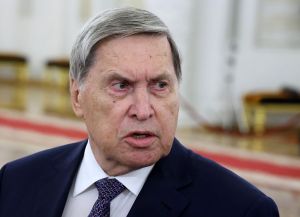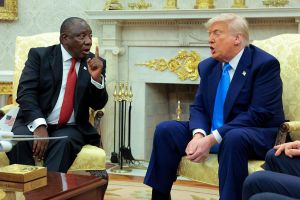On June 16, 2015, Donald Trump descended a golden escalator in Trump Tower and into political history. The press corps snickered. The consultant class rolled its eyes. Late-night comedians feasted on the spectacle. Most people thought it was a joke.
What they missed – and still miss – is that Trump didn’t invent the anger that powered his campaign. He simply noticed it first.
The pundits focused on Trump’s bombast. But voters were focused on something else entirely: someone, finally, was saying out loud what they’d been thinking for years.
Take China. In 2015, Trump said, “They’re ripping us off.” It wasn’t elegant. But it was true. While American elites were still chasing free trade utopias and praising the “rules-based international order,” Trump tapped into what voters already knew from experience: the factories were gone, the cheap goods didn’t make up for the lost jobs, and Beijing wasn’t playing fair.
Same with immigration. His now-infamous remarks about the border in that first speech set off a firestorm. Critics clutched their pearls over the rhetoric. But they missed the deeper point. Ordinary Americans – especially in working-class communities – were frustrated with rising crime, strained resources and political leaders who seemed more sympathetic to migrants than to their own citizens.
Then there was institutional distrust. By 2015, faith in the media, the government, the justice system – all of it was collapsing. Trump didn’t restore trust. He confirmed the distrust was justified. That’s why “Drain the Swamp” landed. That’s why “Fake News” stuck. He gave words to a suspicion most Americans were already harboring.
Trump didn’t win because he was polished. He won because he was early. He said the unsayable – not to provoke, but because he knew people were already thinking it.
So the question today is: What’s the next unsayable truth? What issues are today’s elites ignoring that tomorrow’s political insurgent might ride to power?
The signs are there. You just have to look past the headlines.
Let’s start with artificial intelligence. Most discussions about AI center on jobs – the risk of displacement, automation, retraining. But that misses the deeper anxiety. It’s not just about employment. It’s about humanity. People sense that we are entering a world where creativity, relationships and even thinking itself are being outsourced. The next political visionary won’t just talk about saving jobs. They’ll talk about saving the soul of the human being.
Then there’s the epidemic no one wants to name: loneliness. Our society is increasingly isolated, overstimulated and spiritually hollow. We’re surrounded by screens and starved for connection. Suicide rates are up. Marriage and birthrates are down. A society can survive recessions and wars. It cannot survive a crisis of meaning.
Trump captured anger. The next movement will need to capture despair – and offer something richer than grievance.
Meanwhile, the culture is quietly decaying in ways no poll captures. The attention economy is rewiring our brains. Children can’t focus. Adults can’t think. We are becoming dopamine addicts, unable to sit still, read deeply, or form lasting thoughts. We consume more content than ever but understand less.
And what about education? We fight over curricula, but ignore the larger rot: America is losing its intellectual appetite. The thirst for knowledge is being replaced with algorithm-fed outrage and performative ignorance. Our schools aren’t just underperforming. They’re uninterested in producing curious citizens. We’re raising a generation that may never read a book without blinking.
None of these problems trend on cable news. None fit into tidy partisan narratives. That’s what makes them so dangerous – and so potent.
The next political insurgent won’t be the loudest. They’ll be the one who finally speaks to the quiet despair that’s settled over the country. Not just about what’s happening in Washington, but what’s happening in our homes, our families, our minds.
That’s the lesson of 2015. The issues that matter most are rarely the ones the elites are talking about. Trump saw what others couldn’t because he wasn’t looking at the donor class or the editorial boards. He was looking at real life.
Today’s media still thinks it’s in on the joke. But the American people aren’t laughing. They’re tired, disoriented and searching for meaning. Whoever figures that out – and speaks to it with courage – might just spark the next golden escalator moment.


























Leave a Reply